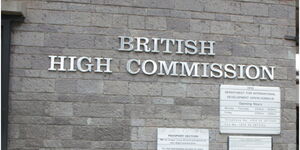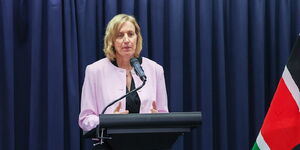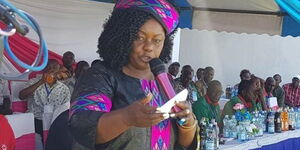The Pharmacy and Poisons Board (PPB) this week rolled out a new technology meant to curb the rise of sub-standard drugs in the Kenyan market.
In a statement on Wednesday, December 11, the PPB announced a collaboration with Missions for Essential Drugs and Supplies (MEDS) to implement an advanced Near Infrared Technology (NIR) known as Pillscan.
The technology was acquired from the Global Health Labs USA thanks to support from the Global Fund, with the implementation phase officially kicking off on Monday.
Part of the implementation process involves re-training of personnel, equipment qualification and the development of a comprehensive library to support operations.
How the Pillscan technology works is through measuring light bouncing off a drug sample. In doing so, the Near Infrared Technology is able to determine a material's properties without altering the sample.
In this way, NIR can detect substandard and falsified medical products after a quick, on-site screening process.
The new technology is a massive upgrade from the PPB's previous system of monitoring the quality of drugs. Before, the board randomly collected samples from all over the country for analysis at the National Quality Control Laboratory where the quality, safety, and efficacy of the drugs were tested.
NIR was first introduced to the country in July 2024. At the time, the Pharmacy and Poisons Board (PPB) also announced the establishment of a system reporting suspected poor-quality medicines and adverse drug reactions.
The new technology also comes at a time when Kenyans have had their guard up regarding the quality of drugs in the country.
Earlier in December, a quarantine order was issued for a cancer drug manufactured in India - Flurasted 500 (5-Fluorouracil) Injection Batch No. HHP24017.
This was after a market complaint concerning appearance parameter of the content of the drug, which is used in cancer management.
Pharmaceutical practitioners who deal in counterfeit drugs also risk lengthy suspensions on grounds of professional misconduct.












